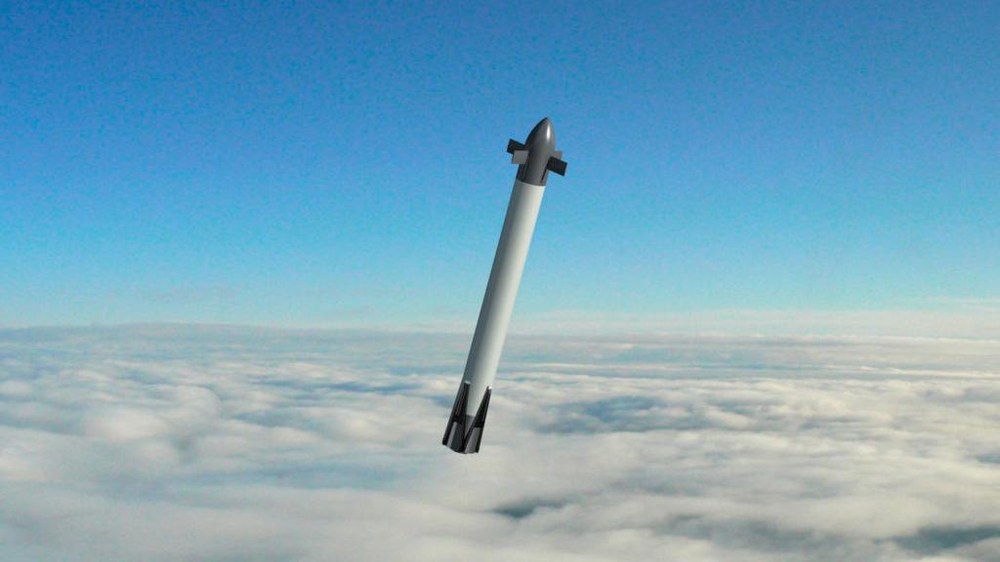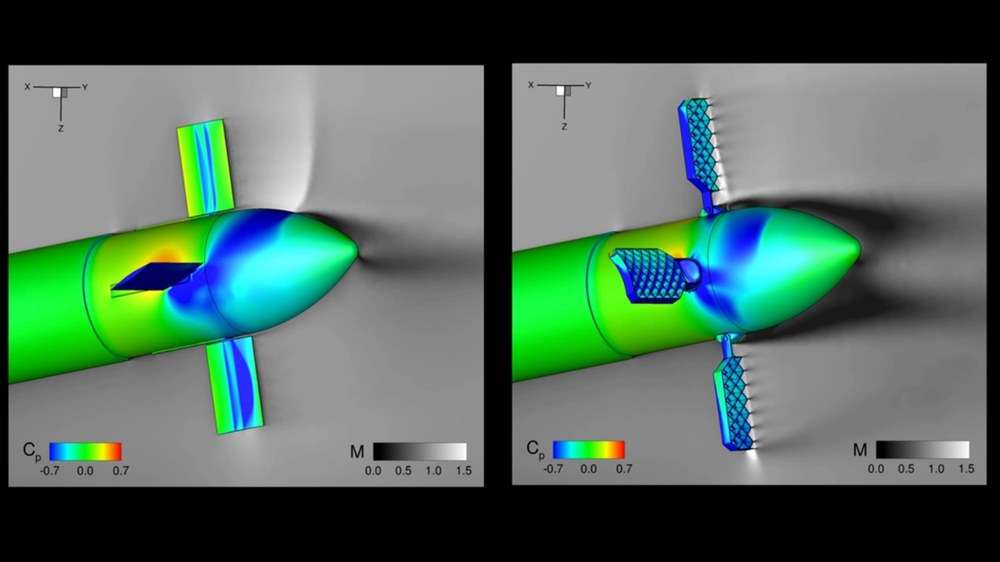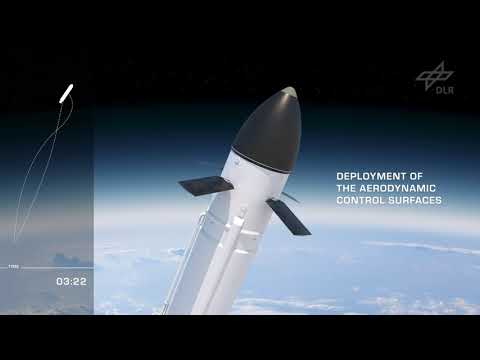CALLISTO



CALLISTO (Cooperative Action Leading to Launcher - Innovation in Stage Toss back Operations) is a reusable demonstrator for a VTVL vertical take-off and landing rocket stage.
The introduction of reusability of launcher systems could reduce launch costs and improve the usability of the launcher system. The aim of the project is to improve the knowledge of VTVL rocket stages and to demonstrate the capabilities and technologies required for the development and utilisation of an operational, reusable VTVL rocket stage.
Test flight results will also be used to optimise the design of future reusable operational space transport systems. The CALLISTO launcher itself is single-stage and is fuelled with cryogenic oxygen (LOX) and hydrogen (LH2). The engine can be throttled back so that a precise, soft landing is possible. At least five different missions are to be undertaken with the same launcher from Europe's space centre in French Guiana.
A staged test plan will make it possible - in the final flights - to create flight conditions suitable for an operational VTVL rocket stage. In particular, the engine will be re-ignited after a significant change in CALLISTO's attitude and the trajectory will be altered to reach the landing site. CALLISTO will then be steered with aerodynamic control surfaces during an unpowered phase at the transition from supersonic to subsonic speed. Finally, the CALLISTO engine will be reignited to decelerate the carrier.
The landing system will then be able to absorb the remaining kinetic energy, allowing CALLISTO to perform a safe and stable landing. The demonstrator will then be prepared for the next flight.


Video: CALLISTO (engl.)
Your consent to the storage of data ('cookies') is required for the playback of this video on Youtube.com. You can view and change your current data storage settings at any time under privacy.
References:
Overview paper:
Aerodynamic:
GNC:
Structure:
